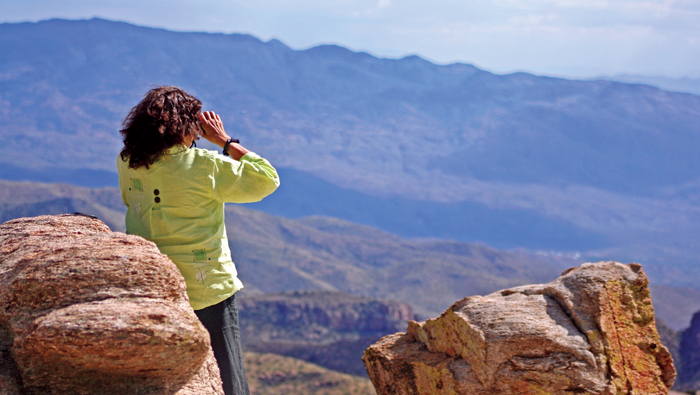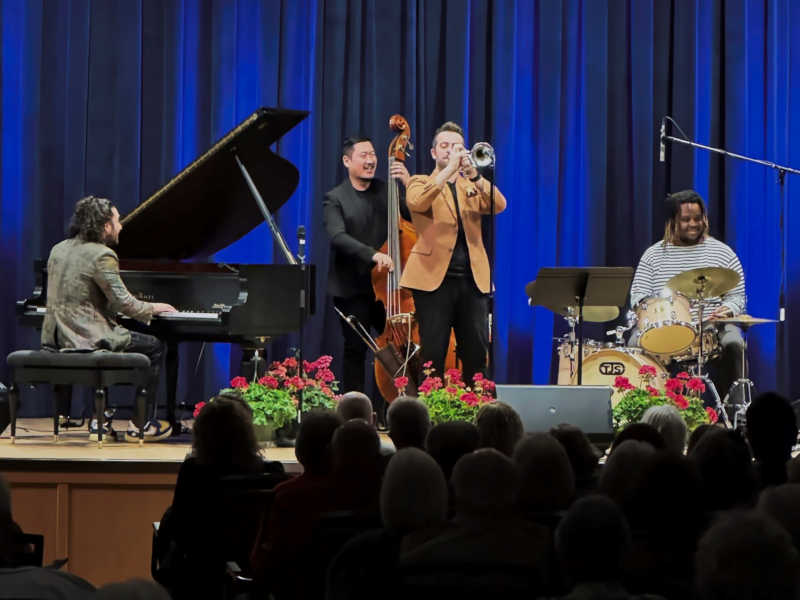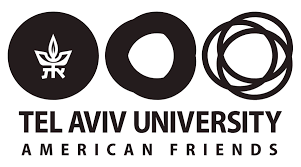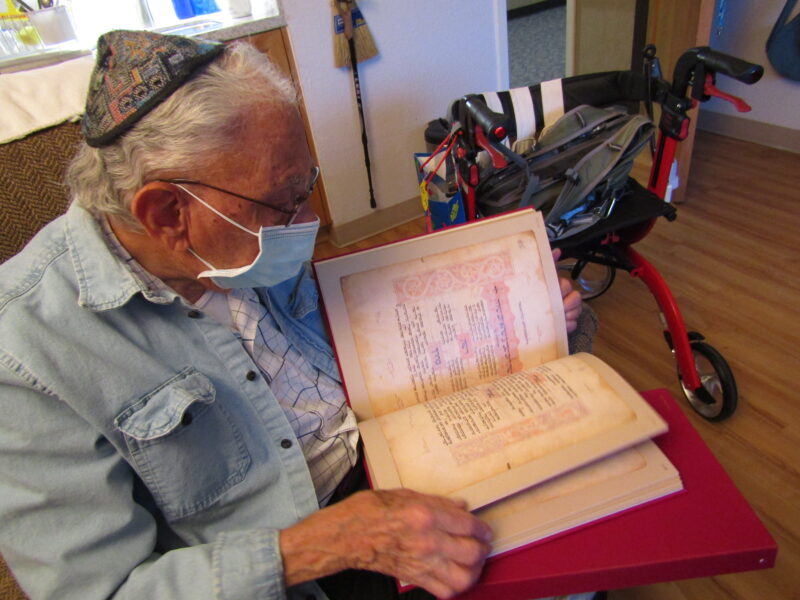Ellen Melamed, 63, always asks herself, “How can I help others?” Currently, a lecturer in family and community medicine at the University of Arizona College of Medicine, and artist-in-residence at the UA School of Fine Arts,
Ellen’s healing path has been circuitous.
For the first half of her life, she tried to cope. Born in Brooklyn – her older sister was born in a European displaced persons camp – she experienced a difficult childhood. With parents who were Holocaust survivors, “silence was the main communication at the dinner table,” says Ellen, whose father witnessed his first wife and baby murdered at a concentration camp, although she never discovered which camp. “He never talked about it, and my mother never stopped talking about all that she lost. So they weren’t on the same page.”
She and her sister both grew up damaged, says Ellen. “By pure chance, my family came to the United States because the Boston Children’s Hospital was doing heart surgery on babies,” which her sister urgently required. If they had gone to Israel after World War II, Ellen says she would not have grown up in the minority. “Yiddish was my first language. I can’t imagine not being Jewish. I embody Jewish culture and heritage,” she affirms, adding that she learned English when she started school.
“As the child of survivors, I had the sense of growing up in Brooklyn as the other, even in a primarily Jewish city,” she says.
Jewish religious practice wasn’t part of her family life, but “I identified with my last name, which means a revered teacher in Hebrew,” notes Ellen. “I had tremendous pride in the Jewish intellect, the Jewish community and its compassion, even though kids made fun of me and called me ‘Muhammed.’”
Diagnosed with scoliosis at age 12, she was put in a full-torso metal brace for five years, which also contributed to her feeling of being “the other.” Although she had an early introduction to the medical field, “nobody talked about the psychological damage I suffered during my teen years. There was a tremendous sense of shame. Till I was 29, I was addicted to painkillers.”
Family secrets, self-medication and an unhappy childhood somehow swirled into a life centered around creativity. Ellen became a playwright and a teaching artist in New York. She holds a bachelor’s degree in interdisciplinary human relations/women’s studies from Queens College, the City University of New York, and a master’s degree in theater education from Teachers College, Columbia University.
Ellen’s most trans-formative learning began when she discovered the Alexander Technique, a body-mind program that reeducates individuals to move with more ease and efficiency, helping them to prevent chronic pain and feel more centered in their bodies. She first was a student of the technique for five years, and then delved into intense three-year training at New York’s American Center for the Alexander Technique. Ellen was certified in 1995.
That same year she discovered narrative medicine, based on Professor Rita Charon’s program at Columbia University College of Physicians and Surgeons. Armed with both a degree in medicine and a doctoral degree in English, Charon realized how central telling and listening to personal stories is to the work of both doctors and patients. Narrative medicine teaches empathy in health-care communications, including between patients, practitioners and caregivers.
“All of us will more than likely be in at least two of these three roles in our lifetimes,” says Ellen. “There’s a lot of stress in these relationships, which was apparent to me as I took care of my elderly mother” until she died in 2003.
Narrative medicine and the Alexander Technique have become Ellen’s modes –both for herself and others – for living fuller lives. Within six months of beginning her AT study, Ellen stopped using pain medications. She joined the Alexander Technique center’s associate faculty, and launched a private practice in New York and Maine, where she and her wife, Jill Koyama, summered until 2009. The couple relocated to the State University of New York, Buffalo, where Jill taught anthropology. Ellen started to teach narrative medicine at D’Youville College, and at SUNY, Buffalo.
In 2013, they moved to Tucson, where Jill teaches in the UA anthropology department, and Ellen developed a pilot project in narrative medicine. Last year, Ellen began training first-year medical students at the UA College of Medicine. She also teaches classes on the Alexander Technique to UA undergraduate and graduate students in any discipline, but primarily to those in acting, dance, voice and music. “Young people at the UA are very athletic, but sometimes they harm their bodies” without realizing it, she says. Plus, many senior citizens in Arizona who golf, walk and engage in other physical activities, “are often not trained to deal with their own body issues. Even for 85-year-olds, there’s an option for change, a transformation to a life that’s free of pain.”
Ongoing research recognizes the mind-body connection. “My work is for everybody,” says Ellen, who, in addition to her private practice in the Alexander Technique, wants to offer workshops “to help people become better patients. It’s too late when we become ill.”
Passionate about bridging communication divides, she notes, “Doctors aren’t the other. Growing up as the other,” extending compassion to everyone is her mantra. “It’s how I live my professional and personal life.”
For more information about narrative medicine and the Alexander Technique, contact Ellen at 917-319-6311 or [email protected], or visit https://www.hmhb.org/pain/.






